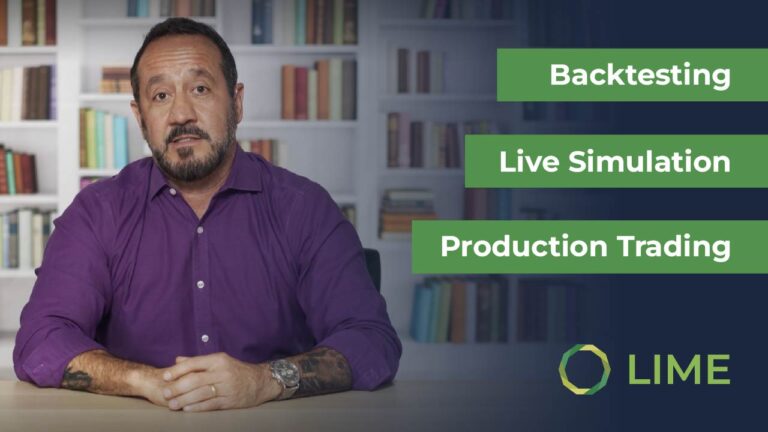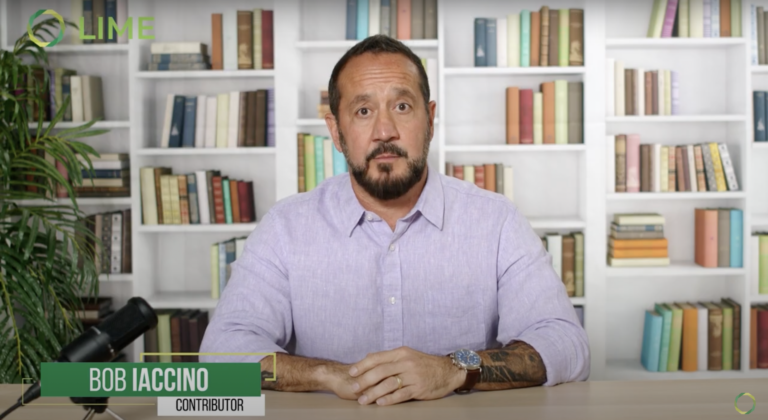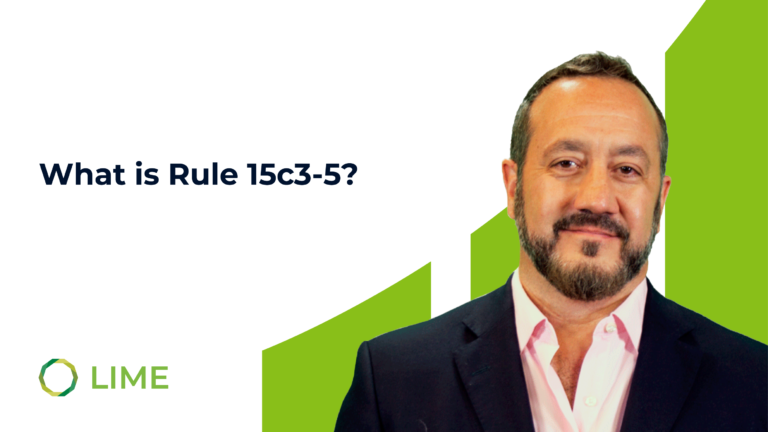
Trading is challenging enough, but add in latency and outage problems and it becomes downright frustrating. There are, however, some things a trader can control while other things remain out of their control.
Identifying the delays that are outside your control can help you properly select a brokerage firm that is tailored to your needs.
Let’s examine some different things that can affect a trader’s ability to execute trades in a timely manner.
What Traders Control
- ISP Setup — An active trader may want to consider having more than one ISP, as this can potentially minimize their risk of not being able to reach their brokerage firm over the internet. ISPs can have outages, so being able to switch rapidly to another ISP can help reduce the risk of not being able to reach their brokerage firm because their ISP is down. This risk cannot be eliminated because in rare cases both their ISPs could be down but reported cases of this have been hard to find. One thing to consider when subscribing to multiple ISPs is to look at how the connection is made to the ISP. For example, if you have both a cable and a DSL connection, both these are “hard wired.” If the lines are accidentally severed at the same time, then you will lose connection to both services.
- 5G Backup — An alternative may be to consider a 5G wireless internet connection as a backup since this is an over-the-air connection and could mitigate this risk.
- SpeedTest.net — Once setting up the primary and backup internet connections, it is important to determine the speed and reliability of each connection. Services like Speedtest.net can help you determine the ping speeds and get feedback on the reliability of their connections. Be sure to set the primary connection to the fastest and most reliable connection to rule out potential issues on your side.
What Firms Control (Or What You Can’t)
- Brokerage firm’s reliability and execution — Not all brokerage firms offer the same execution speed. The data in the table below was compiled from each broker’s own website and reveals the difference in execution speeds when comparing popular firms. Also, they are not including other high speed brokerage firms that are specifically designed to handle extremely high transaction rates for active traders. Educating oneself on whether it’s the best course of action to choose an option at a brokerage firm is critical.
- Outages — Since the beginning of 2021 several financial news sources have reported outages affecting traders’ access to trading, including being unable to connect to their brokerage firm over the internet to execute.
Order Execution Speed Comparison:
Data retrieved 10/27/21 from brokerage firms’ websites.
| BROKER | AVERAGE EXECUTION SPEED (SECONDS) | DATE OF DATA PERIOD | |
|---|---|---|---|
| Schwab | 0.04 | Q3 2021 | |
| TD Ameritrade Institutional | 0.04 | Q3 2021 | |
| Fidelity Institutional | 0.04 | Q2 2021 | |
| TradeStation | 0.092 | Q4 2020 | |
| E*TRADE | 0.09 | Q3 2021 | |
| Lime Execution | 0.0000077 | Q3 2021 |
In January 2021, several major online brokerages suffered technical issues that disrupted their customers’ trading. Traders with Fidelity, Charles Schwab, and Vanguard were unable to execute trades due to service disruptions, according to the Wall Street Journal.
In addition to these outages, customers endured other technical issues, including delayed executions and even blocked executions in specific securities.
Fidelity, Schwab, and Vanguard also reported widespread internet outages in July 2021, according to Finance magazine InvestmentNews — though the outages went well beyond the financial industry, affecting other companies like Delta Air, Southwest Air, and Salesforce.com. This series of outages was caused by Akami, a content delivery network utilized by several companies. The outage was relating to the Edge DNS service which, once patched, resolved these outages. These outages and other infrastructure internet outages can and will take major sections of the internet offline and are not directly related to trading activity, which means even with the best and most robust brokerage firms, internet issues beyond their control can still cause outages for traders.
Lime Execution’s Low Latency Network
If speed, low latency, and fewer outages are critical to your strategy, you may want to investigate commission options at firms that specialize in reliable transaction volume.
One aspect of a brokerage firm’s regulatory responsibilities is to perform a pre-trade risk check on each order before processing them. The firm will check buying power and the notional value on the order, making sure an order is not accepted to the market center outside the client’s risk parameters.
To perform a risk check like this takes time, and a broker’s latency is usually measured by how quickly they can process orders from the time they receive the order to the time when the order leaves them. Lime Execution, for example, has a very low latency pre-trade risk check that can be measured down to single digit microseconds. (A microsecond is millionth of a second.)
After the order is through the brokerage firm’s pre-trade risk check, the order will go to the exchange or a market maker for execution.
The network the order will travel on will also determine how quickly an order could be executed. A slower network will result in the order taking longer to reach the venue resulting in a risk of several other orders getting ahead in the queue.
Lime Execution’s network is built specifically for low latency, leveraging dark fiber links to the exchange venues resulting in orders generally getting there in hundreds of microseconds.



